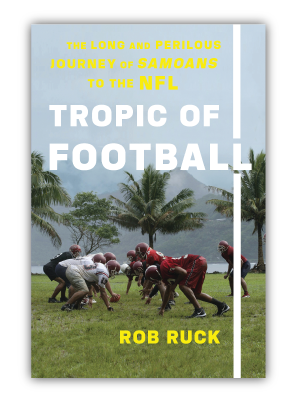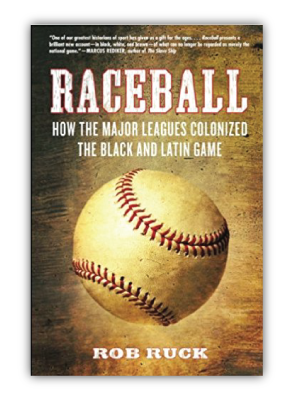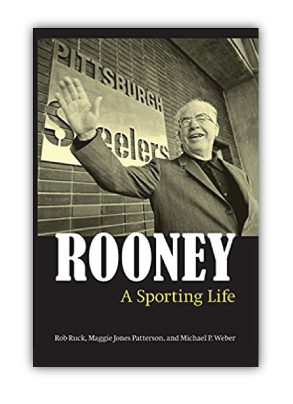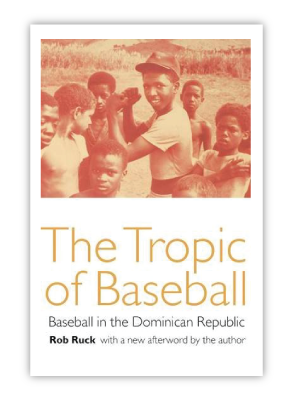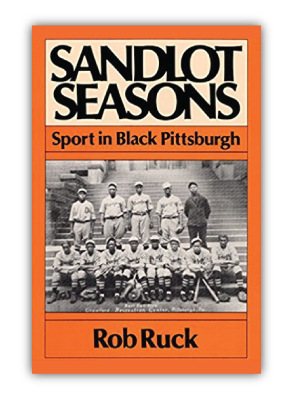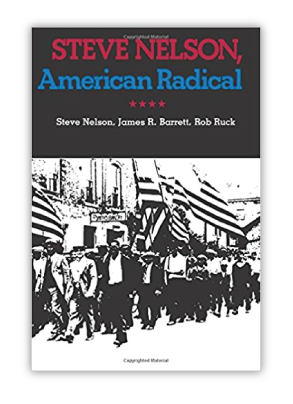The Republic of Play — Rob Ruck
I’ve come to think of sport—at its best—as the republic of play, offering a vision of society in which fairness prevails—an ethical, transparent arena where performance matters the most and people validate their worth by the strength and acumen of their opponents. It prizes fair play, celebrates the body and the mind, and tests our ability to overcome challenges. At its best, sport creates social capital because being a part of a team in which you have each other’s back and compete with a common purpose is one of life’s treasures.
But just as the early American republic embraced slavery and exclusion alongside national liberation and notions of freedom, the republic of play can be a mean and vicious place—where youth become vulnerable commodities on a global supply chain; the athletes we applaud are traumatized, and sport used to promote anger and misogyny, bringing out the worst—not the best—in us.
Much of what I’ve done as a teacher, writer, and collaborator explores the republic of play. At a moment when some seek to reverse the gains of the civil rights movement, elevating ethno-nationalism over cooperation and social inclusion, sport has a critical role to play—in forging dialogue between people whose lives rarely connect; in encouraging healthy life-styles; in appealing to our better angels and moving beyond zero sum games.
I came of age at a time when the movements of the ‘60s made us rethink our lives. Those movements showed that when people acted they could have an impact—on the law, the Vietnam war, and matters of social and personal liberation. Crosby, Stills, Nash, and Young encouraged people to “please come to Chicago” for the trial of the Chicago 8, who were arrested for conspiracy to disrupt the 1968 Democratic Party Convention. They urged people to support the defendants because, as they sang, “we can change the world.” We might not have changed it as much as we wished, and provoked a backlash that has done considerable damage, but we changed it, and often for the better. And I believe that we can work toward that republic of play, where people control their own sporting lives and use it to build better lives.
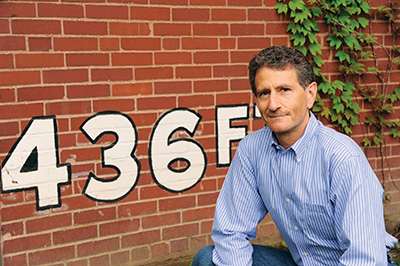
After the energy of the 1960s faded, Rob Ruck began studying labor and social movements at the University of Pittsburgh, where he now teaches the history of sport. In courses, books, and documentaries, he's focused on how different groups of people use sport to tell a story about themselves. He lives in Pittsburgh with his wife and co-author Maggie Patterson.
Curriculum Vitae
Download it here.
Contact Rob
rucco@pitt.edu or call 412-648-7539.
Rob Ruck
3536 Posvar Hall
University of Pittsburgh
Pittsburgh, PA 15260
